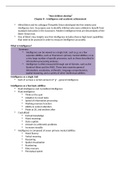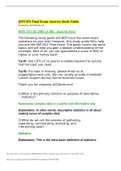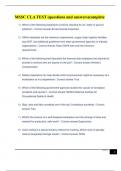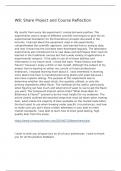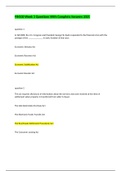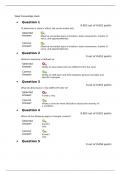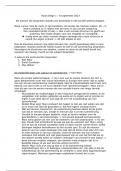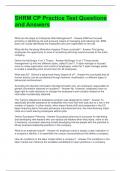Samenvatting
Summary Intelligence and academic achievement
- Vak
- Instelling
- Boek
This document has the summary of the eight chapter in the 2020 book "How children develop". The main themes of this chapter are: What is intelligence, measuring intelligence, IQ scores as predictors of important outcomes, genes, environment, and the development of intelligence, alternative perspect...
[Meer zien]
